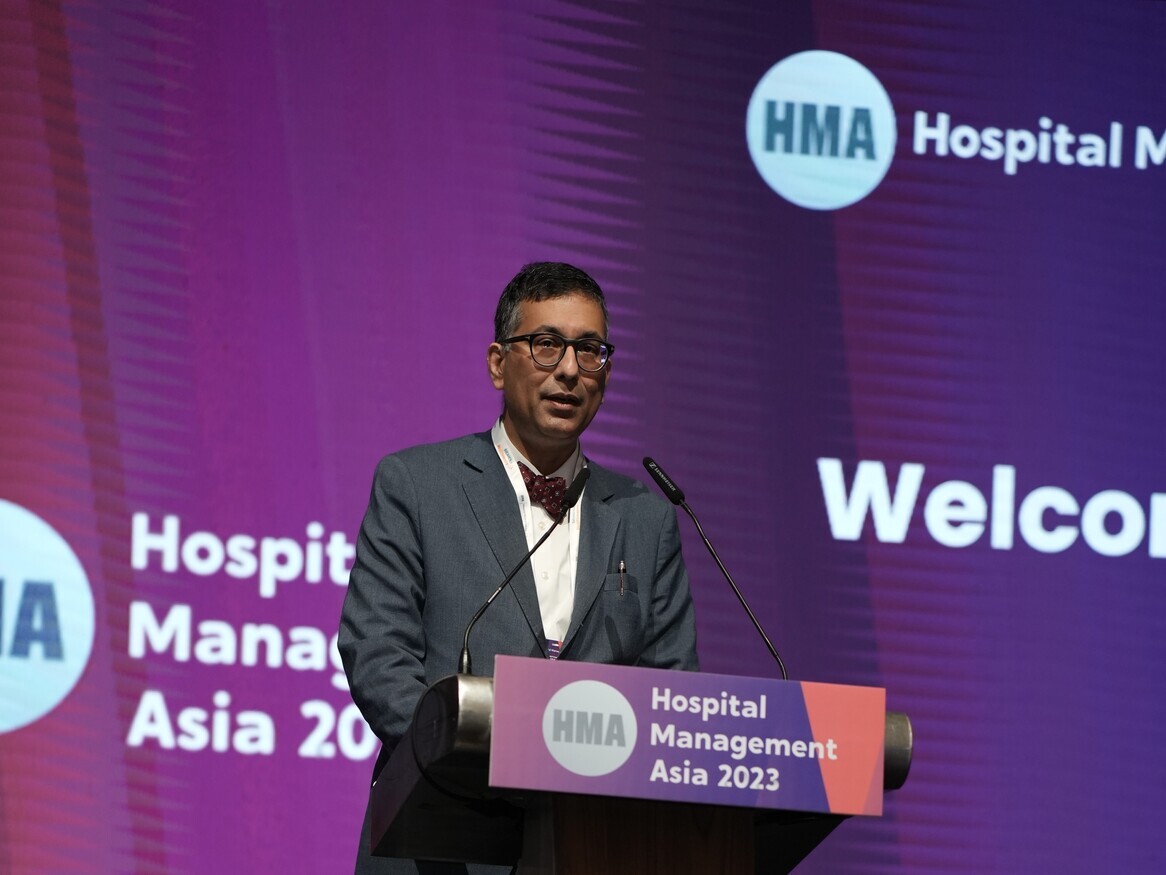KUALA LUMPUR, March 18 — The Association of Private Hospitals Malaysia (APHM) has highlighted the “ripple effects” from the Federal Court’s landmark verdict that held a private hospital liable for medical negligence.
The private hospitals’ group said the apex court ruling last month in the case of Siow Ching Yee v Columbia Asia Sdn Bhd not only accentuated health care accountability, but signalled a shift in operational and ethical frameworks governing medical practice.
“A nuanced consequence of this trend might be the rise of defensive medicine – practices aimed chiefly at forestalling legal challenges rather than optimising patient care,” APHM president Dr Kuljit Singh said in a statement.
“While such practices might mitigate legal risks, they carry the unintended potential to inflate health care costs, making treatments less about efficacy and more about legal safety nets.
“The judgement’s economic ramifications, particularly the looming spectre of increased insurance premiums for medical facilities, present a sobering challenge to maintaining the affordability and accessibility of health care.”
In a 4-1 majority decision, the Federal Court held private hospital operator Columbia Asia liable for the negligence of an anaesthetist at its Puchong hospital in Selangor, after its patient, Siow, was left with permanent mental and physical disabilities following extensive brain damage in a 2010 emergency case when he was aged 35.
Siow’s lawyer explained that the apex court’s landmark ruling means that both Columbia Asia and the anaesthesiologist are equally liable for the full RM4.5 million award of damages, including costs, to the patient.
However, the Federal Court – which rejected Columbia Asia’s defence that doctors working at its hospitals are “independent contractors” – dismissed the private hospital company’s indemnity claim against the anaesthetist, ruling that Columbia Asia assumed a “non-delegable duty of care” that it “owes personally” to its patient.
APHM said Malaysia is among the top medical tourism destinations in the region, due to highly qualified specialists, advanced medical technologies, good oversight, as well as high standards of regulation in private hospitals, making Malaysia among the best, if not the best destination, on the basis of value.
“Part of this is also the relationship between medical specialists and hospital systems, where each party provides and shoulders specific responsibilities, while ensuring seamless care for the patient.”
However, APHM pointed out that the recent Federal Court judgement may now force a re-examination of this “symbiotic relationship”, questioning whether this would benefit patients and the private health care industry. But APHM did not specify how the relationship between private hospitals and specialist doctors would be changed in the aftermath of the Columbia Asia case, in which the Federal Court rejected the concept of doctors acting as “independent contractors” in determining liability.
“Beyond the possibility of increased defensive medicine, both hospitals and doctors are likely required to increase their medical indemnity insurance, and it is no mystery who will ultimately need to bear this cost – the patient,” said APHM.
APHM also warned Malaysians that doctors and hospitals in the private sector may be increasingly reluctant to undertake complex procedures or even accept patients from other hospitals, due to increased medicolegal risk.
“Patients may be left with less choice, and the private health care service could well decline in its ability to provide those who truly need its services.”
APHM said other countries around the region are “mindful” about this and are taking steps to ensure that “liabilities are assigned appropriately, and compensations kept fair and reasonable.”
“While medical professionals and hospitals must and should take responsibility for negligence or errors, there may be limited long-term benefits in assigning liability to all parties, if an error is clearly caused by one individual or entity, as errors can happen, despite the best of intentions, and systems in place,” said APHM.
“As the health care community absorbs the implications of this ruling, it is prompted towards a reflective examination of its practices and principles. The challenge now is to foster an environment that balances the imperatives of innovation and accountability without compromising patient safety or the quality of care.
“This calls for a nuanced dialogue among all health care stakeholders, including regulators and the legal experts, aimed at reconciling the drive for medical advancement with the paramount importance of patient welfare, while balancing the cost and importantly the access to care.”








